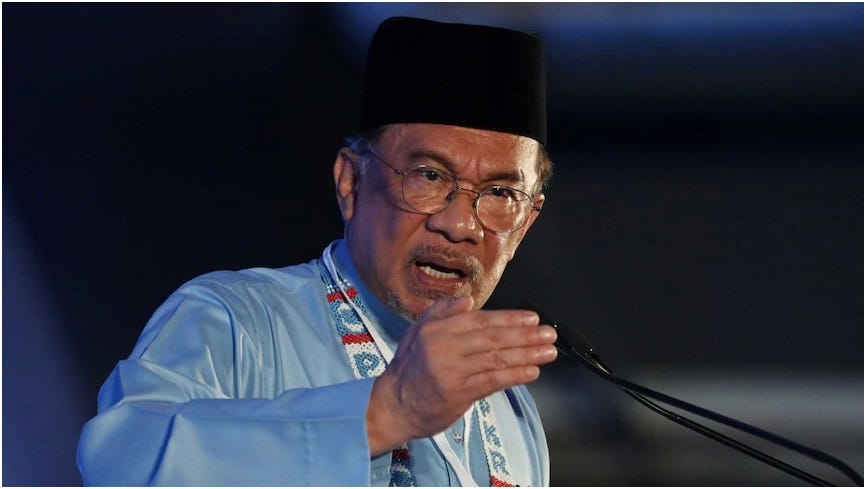Anwar Ibrahim Maneuvers for Power
Chameleon, Opportunist, Pragmatist, or Realist?
By: Murray Hunter
The 74-year-old opposition leader Anwar Ibrahim could be the closest yet to his decades-long goal to become prime minister as the current premier, Muhyiddin Yassin stumbles. Muhyiddin has held off a confidence vote for most of 2021 as he maneuvers desperately to stay in power but with the United Malays National Organization now abandoni…
Keep reading with a 7-day free trial
Subscribe to Asia Sentinel to keep reading this post and get 7 days of free access to the full post archives.

